Category All Posts
There are many reasons for using a self-storage facility to store your household contents. You may need short-term storage when the moving-out day from your current home does not coincide with the moving-in date at your new home; or it may be for a longer period of time when you are moving into furnished, rented accommodation after selling your old house but you have not yet completed the sale of your new home (or even found a new home yet), which is becoming increasingly common. You may be relocating overseas and don’t want to take all your belongings with you. […]
The trouble many homeowners face when trying to sell their home in a difficult economic climate is that they are too familiar with what it is they are selling. Often the biggest barrier they face is the mere fact that it is their home representing their personal tastes and their idea of perfection. It is difficult to see your own home through the eyes of a potential buyer and appreciate the positives as well as the negative aspects.
Many of us dream of owning our own small businesses: no more reporting to the boss or hard work that someone else takes the credit for; you could be the boss and reap all the rewards yourself. So just what is stopping more people from setting up on their own? One of the major factors is the cost of business premises. Of course, it has become dramatically easier in recent years to work from home with fast broadband connections and cheap phone deals, not to mention slick websites that can present a highly professional “face” to potential customers for minimal cost, but not all businesses can be run effectively from home.
To start with where do you store the stock for a retail business, even an online one? Do you really want it cluttering up your spare bedroom, always assuming you have a spare bedroom and that the stock items are small enough to fit in. The reality is that many small businesses cannot be run without some form of storage space and whilst warehouse space might not be as expensive as office space, neither is it a cheap option.
But the solution could be simpler than you thought.
Reputable self-storage facilities take their security very seriously with PIN code access, 24-hour security, barbed wire fences, monitored CCTV cameras and/or photo identification cards to gain access to the site. So when you are renting a self-storage unit check the level of security available but there is also a lot you can do to help yourself. If you are storing valuables then invest in a high security padlock with a key rather than a code, and don’t let the chain, latch or hasp be the weak point for entry onto your unit; ensure it is as strong as possible. Also check whether your insurance stipulates a particular standard of lock such as the CEN standard.In the end choose a self-storage company that you trust or one that is recommended to you.
Moving home is the perfect time to re-evaluate how you live in your home and I have been thinking about becoming more minimalist. I’m not sure I could completely embrace minimalism but it seems like an ideal way to live… Continue Reading →
If you are looking into self storage options, you will probably already have noticed the wide variety of facilities and prices available across the country. From the basic, outside metal container self storage London residents will find by the docklands,… Continue Reading →
Are you about to move house or have you recently moved house? Have you successfully decluttered your home or are you a self-confessed hoarder? If you have a story to tell that might be of genuine interest to our readers… Continue Reading →
If you are already thinking about the spring and when you will be starting your spring cleaning, you might be interested in these unusual and surprising spring cleaning tricks to help you get your home ship shape again.
Pesky pet hairs: We love our animals, but not the deposits they leave behind. If pet hairs are bothering you, put on your rubber gloves, make them we and then simply wipe them over the hairy surface. The hairs will stick right to them!
Wine worries: Spilt a glass of wine? Forget expensive chemical detergents. Spray a little shaving foam on the spill, leave for a moment and then simply sponge away.
Lampshade dust: Delicate lampshades will not stand up to a vacuum hose, so get your lint roller out to remove dust instead.
If you are musically minded and play an instrument, you’ll already know how inconvenient it can be to move that instrument around, particularly if you play something large like a double bass or piano. Even if you play a less substantial instrument, if you don’t need it for a few months then keeping it safe has to be a top priority. Read some top tips from the experts if you are considering putting a musical instrument into self storage…
Here are some simple guidelines to prepare your stored possessions for the long, cold winter months ahead. Some preparation now will protect your belongings from any damage.
One of the commonest problems with items in long-term storage is the moisture occurring naturally in the air. So if you have an external storage unit that does not have a climate control system or dehumidifier installed then follow these steps to make sure your precious belongings remain in good condition throughout the winter:
Here are some top reasons businesses should be considering self storage for their company today:
Cheaper than moving: If you are running out of space in the office, renting some storage space for event materials, document archives or spare furniture can free up valuable space for another worker or two, meaning you do not have to go to the expense and trouble of a move.
Affordable: Storage companies offer great rates to business customers, particularly if they are signing up for an extended period.
Flexible: Most self storage providers will let their customers up or down grade with no financial penalties to pay. This means if you need a cupboard today but want a 30 foot room tomorrow, you should be able to make a change without hassle.
Self storage facilities are useful for so many things but sometimes they are used for things that you would not expect. Apart from storing personal possessions or business stock they have also frequently been used as locations for films and TV programmes, and even as the subject of whole TV programmes when the contents of abandoned units are auctioned off. They have also been used in big-budget films as back-drops for crime scenes, horror scenes or sci-fi action. Various self storage sites have been used as locations for popular TV programmes such as one of my favourites: Homeland (Damian Lewis does such a good American accent – so different from his own polished accent).
There are any number of reasons why you might be thinking about using self-storage: you might have sold your home and be moving temporarily into furnished rented accommodation, you may run a small business and have spare stock or seasonal stock that is taking up valuable office or retail space, you may be building your dream home and living in a mobile one in the meantime. Whatever the reason it is worth understanding some of the basics of self-storage so you can make the right decision on what type is best for you or your business. Self-storage is, in it’s simplest form, just renting some space and moving your possessions in, then having easy access to take them all, or some of them, out as needed.
But just what are the main types of space available?
We all know that moving house is a stressful event, whether you are moving from a 1-bedroom apartment or a 5-bedroom family home but that stress can be minimised by choosing a reliable, efficient removals firm. They can pack your boxes for you, if you prefer, to protect your valuables and breakables and will know how to get that large wardrobe up the awkward stairs. It is important to get a few quotes as all companies vary in price and the service they offer so you need to compare both of these to see what fits with your budget. The cheapest may not necessarily be the best if the service is lower so make sure you know what you will be getting for the price. One of the best ways to find a good removals company (and avoid the bad ones) is by personal recommendation from friends or family. But what else should you look out for when selecting a removals company?
Beware of Short-Term Special Offers:
I’m sure you’ve seen the special offers available from some self-storage companies with a huge discount on the first month, or sometimes a month free, or 6 months for the price of 3, but it’s important to work out the total cost over the whole period you expect to be renting the storage unit, particularly if this is going to be 6 months or more. Also take into account when calculating costs any extras provided such as free collection – this can save you the cost of hiring a van as well as the time and effort to transport your possessions to the storage facility.
Many headline grabbing rates have hidden costs or work out significantly more expensive when the rental cost reverts to the standard rate. Check the minimum sign-up period, minimum size of self-storage unit and the terms and conditions so that you know exactly what you will be paying over the whole storage period. Also look for companies like storing.com that have a fixed price for 5 years so will not increase their charges over this term once you are renting one of their storage units. In the long run these sorts of deals can work out significantly cheaper than the “50% off” deals.
Compare Insurance Deals For Self-Storage Unit Contents: People choose to store all sorts of possessions in a self-storage unit and often they do not have much, if any, monetary value; sometimes they are items of purely sentimental value that we can’t bear to part with but don’t have room for in our homes. Of course, people also store highly valuable items in self-storage such as classic cars, family heirlooms or business stock, and when a family temporarily relocates overseas they may store the whole contents of their home. So whether items have only sentimental value, have a high individual value or the sheer quantity of belongings makes the total value high you should think carefully about what type of insurance to take out while the items are being stored. In the event of theft, fire or damage from another cause such as flooding you will want to be sure that you are adequately compensated. There is nothing worse after the upset of losing your possessions to find you cannot replace them with something similar. So do make sure you check the insurance options available both from the self-storage provider and by checking independently.
Don’t Store Your Clutter:
If you are thinking about renting a self-storage unit you are probably a bit of a hoarder; that’s fine, so am I, and I like to keep all those things that I might have a use for one day. I see it as my own personal recycling effort. Why spend money on something new when I could re-use something I already have? Many of us also like to keep things we have inherited or been given as a present but we might not necessarily want them on show in our home. So self-storage is a great idea for people like us, but if you want to keep your costs to a minimum then just make sure you are storing items that you genuinely want to keep and not clutter or rubbish. In fact, what is the difference between clutter and rubbish? Very little…
Large self-storage units are, obviously more expensive than smaller ones so it makes sense to clear out as much clutter as you can first. After all, what’s the point of paying to store rubbish? So sort through all your belongings first and try to sell what you can either through free ads in your local paper or on Ebay. If you have enough stuff you could even do a car boot sale. Anything you can’t sell can be given to charity or recycled or, as a last resort, thrown away.
So remember, a great money saving tip for your self-storage costs is to only store the things you really want to keep so that you can rent the smallest unit possible. Simple really…
One of the most important aspects of packing valuable or fragile belongings is using the right sort of packing boxes; no amount of careful packing will protect your items if the boxes are too flimsy so make sure you use sturdy boxes. Also get plenty of bubble wrap, paper, packing tape and marker pens to label the boxes. Now you are set to follow our top tips on how to pack your stuff so that it arrives at your new home in good condition.
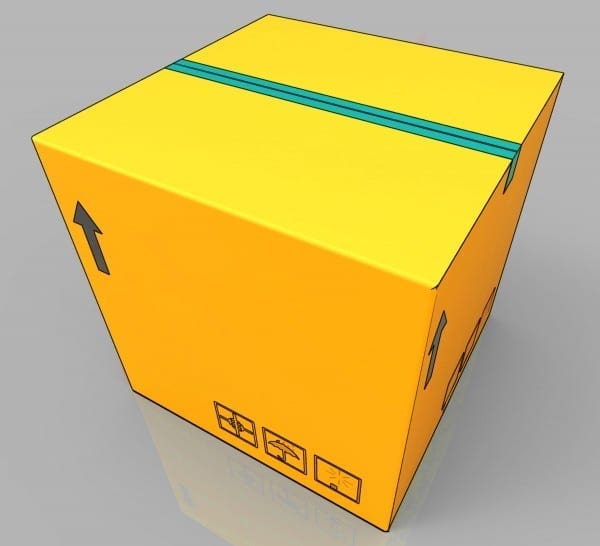




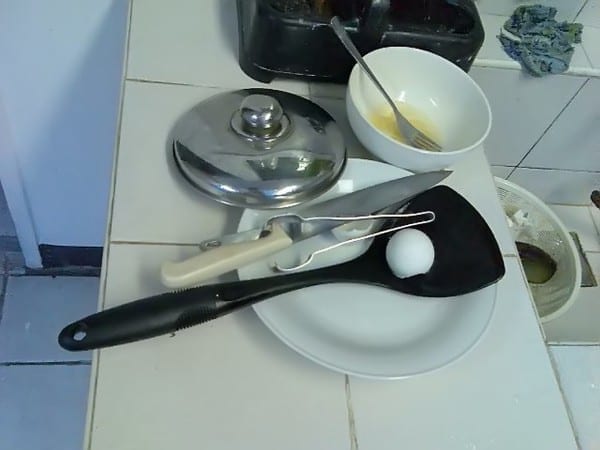



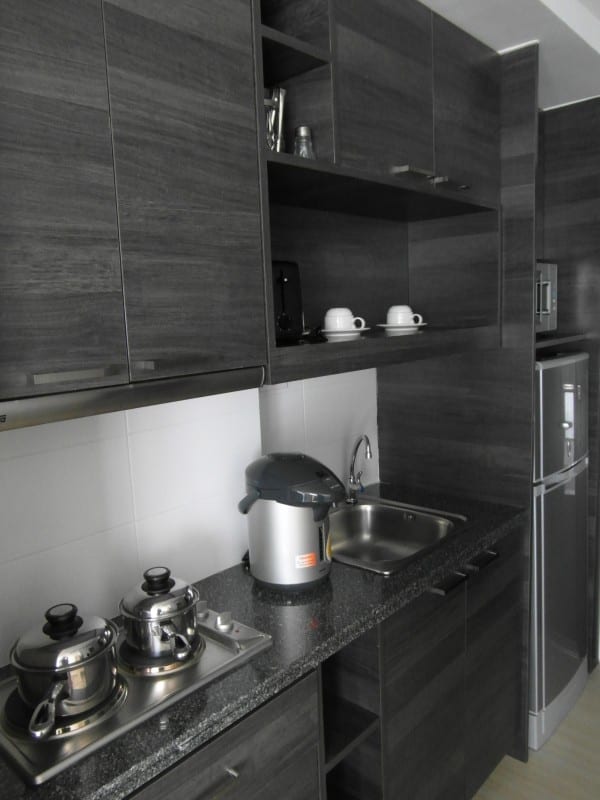
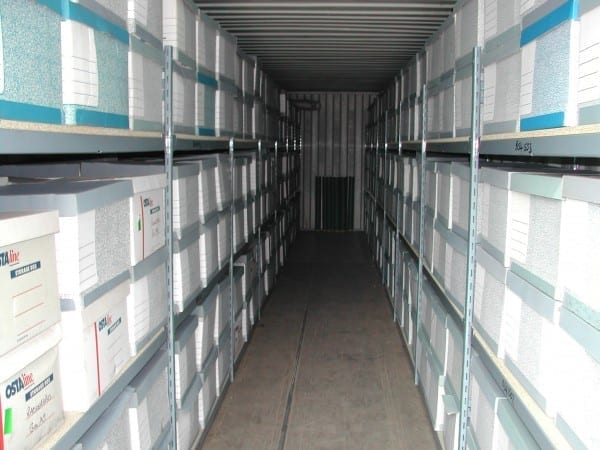
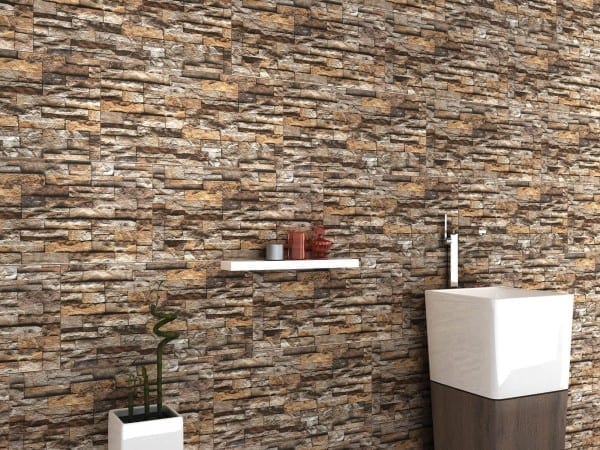



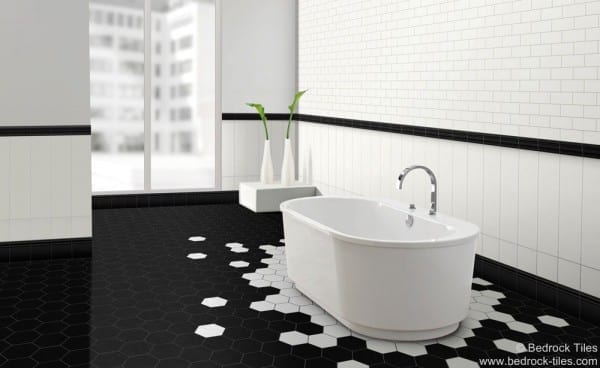
Recent Comments